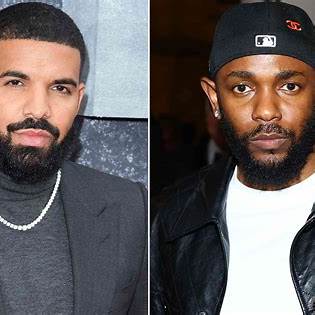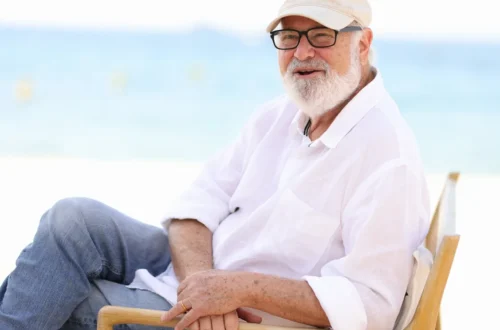A federal judge in Los Angeles has dismissed rapper Drake’s lawsuit against Kendrick Lamar and Universal Music Group, ending one of the most publicized legal battles in the music industry this year. The case, which centered on claims of defamation, intellectual property violations, and alleged interference with Drake’s recording contracts, was thrown out on procedural and evidentiary grounds.
The lawsuit stemmed from a highly publicized feud between the two artists that spilled beyond lyrics and social media into legal filings. Drake alleged that Lamar and UMG conspired to damage his reputation and sabotage distribution deals tied to his most recent album. His legal team claimed that certain online posts and leaks of unreleased material were part of a coordinated effort to undermine his commercial success.
In her ruling, Judge Elaine Barrow concluded that Drake’s attorneys failed to demonstrate clear evidence of wrongdoing or a direct connection between Lamar, UMG, and the alleged leaks. The court determined that the claims lacked sufficient factual support and relied heavily on speculation drawn from online exchanges between the artists. The dismissal effectively shuts down Drake’s attempt to seek damages or injunctions against either party.
Legal experts observing the case had long predicted its collapse, noting that much of the complaint hinged on public statements made during the rappers’ lyrical rivalry rather than on provable misconduct. The feud between Drake and Lamar, which reignited earlier this year with dueling diss tracks and online accusations, was seen by many as performance art—an extension of hip-hop’s competitive tradition.
Still, the lawsuit had raised broader questions about the intersection of music, social media, and personal branding in the streaming era. As both artists command enormous audiences online, even casual barbs or cryptic posts can send shockwaves through the industry, affecting stock prices, licensing deals, and fan allegiances. By pursuing a lawsuit, Drake appeared to suggest that the feud’s consequences crossed into tangible harm—something the court ultimately rejected.
UMG, which represents both artists through various subsidiaries, maintained throughout the proceedings that it played no role in their public disputes and that any leaks of Drake’s music were the result of online piracy rather than corporate conspiracy. The label, along with Lamar’s legal team, sought swift dismissal of the suit, calling it an overreach intended to settle personal grievances in court.
For Lamar, the ruling represents a decisive end to a chapter that many in his camp viewed as a distraction from music. Sources close to his team indicated that he plans to continue his tour and avoid further comment, emphasizing his preference to keep disputes on record rather than in the courtroom.
Drake, for his part, has remained quiet since the decision was announced, though insiders say his team is weighing whether to appeal. Given the strongly worded nature of the court’s opinion, an appeal is considered unlikely to succeed.
The ruling underscores the limits of using civil litigation to settle artistic rivalries, especially in a genre where provocation and persona are integral to performance. It also serves as a reminder that in the age of viral controversy, not every feud can—or should—be tried before a judge.
With the case dismissed, both Drake and Lamar are expected to refocus on their music, though few in the industry believe their rivalry will end entirely. For now, at least, the courtroom drama has closed—leaving the next battle to the studio and the stage.




